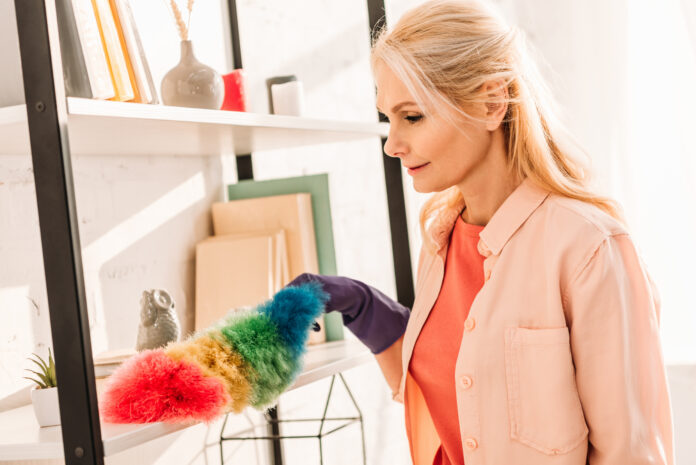When you find the perfect home, it feels like the stars have aligned. Despite all of your home’s wonderful attributes, there’s one catch: It’s an older home. You may be wondering, why anyone would buy an old house. If they aren’t as convenient or modern as new homes, what are their benefits? Let’s look at some pros and cons of older homes to help you understand why many people choose to live in them.
Pros of Buying an Older Home
Buying an older home means you can get a house with more charm and character than you’ll find in a new build—without the hefty price tag. You may also be able to take advantage of the low property taxes in many older areas, and you may even qualify for a homestead exemption. Many older homes, especially if they’re well-maintained, have more natural light and less toxic materials than newer ones.
Cons of Buying an Older Home
Older homes can be more expensive to maintain than their newer counterparts. You may have to replace old fixtures, windows, and appliances to bring them up to code, or you could experience issues with plumbing, roofs, and wiring. You’ll also likely have to deal with a higher risk of pests, such as termites and rodents. Fortunately, there are home inspection companies that specialize in older homes, which can help you spot potential problems. You’ll also want to choose carefully when it comes to renovations so your older home keeps its value.
Keep Your Roof in Good Shape
The roof is the first line of defense against the elements, so it’s important to make sure it’s in good shape. If your roof is over 20 years old, it’s important that you schedule roof inspections on a regular basis—preferably once a year. You want to make sure that it’s in good condition, and if it’s not, you want to get it fixed as soon as possible. Having your roofing inspected is also a good way to spot early signs of leaks before they become major problems. If you notice any issues, you can have them fixed before they become a major expense. You’ll also want to ensure that the roof is in good shape from a safety standpoint. You don’t want a roof collapse to be the cause of any injuries in your home, so you want to make sure that it’s up to code.
Ensure Your Windows Are Well-Maintained
In many cases, older homes have single-pane windows. These will definitely need to be replaced eventually, but you can have them retrofitted with double-pane windows to increase energy efficiency. Old windows can cause issues with insulation and soundproofing, but new windows can help solve those problems. Another issue with old windows is that they can be difficult to clean. Dirty windows can lead to an unhealthy home environment, as they can trap dust and allergens inside. New windows are easier to clean, which can improve your indoor air quality.
Make Sure Your Plumbing Is in Working Order
Plumbing can become a major issue in older homes, as it can get corroded over time. You not only want to ensure that your plumbing is up to code, but also that it’s working properly. If you notice any issues with your plumbing, have it looked at by a professional before it becomes a major repair. You can do this by hiring a plumber to come out to the house and perform an inspection.
When you’re considering buying an older home, you want to make sure that you do as much research as possible. You want to know everything you can about the history of the home, as well as what repairs may be necessary for the future. If you can get a good deal on an older home, you can use the extra money you saved to repair the home. Now that you understand the pros and cons of buying an older home, you can make a more informed decision when you’re ready to buy a new home.














